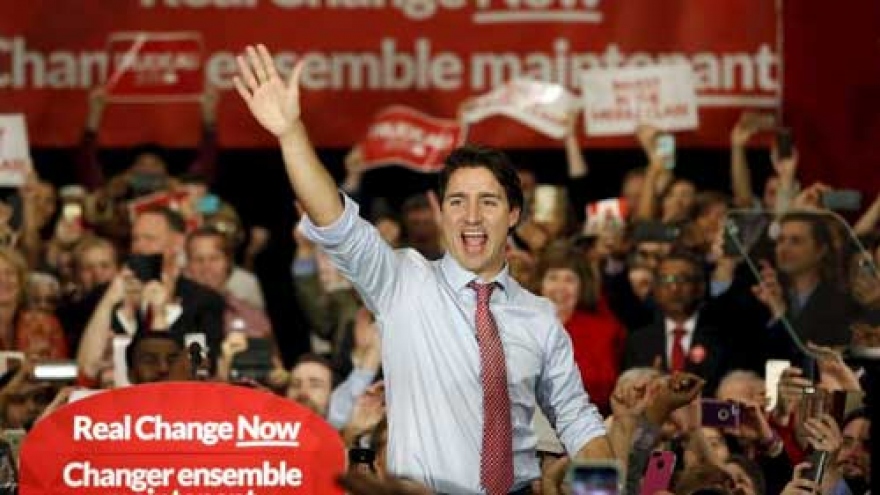Canada's Syrian refugee plan draws US Senate panel scrutiny
Canada is proceeding with plans to take in 25,000 Syrian refugees, but the country's background-vetting program is under scrutiny by a US congressional panel, with a hearing set for February 3, amid lawmaker concerns about US security.
The Senate Homeland Security Committee has questions about the Ottawa government's intake of refugees by the end of February and the possibility that violent militants could mix in and cross the long, largely porous US-Canada border.
At the public hearing, senators will question US and Canadian experts and a US Border Patrol officer on Canada's "fast track" resettlement program. Canada's government turned down an invitation to send a spokesperson to the session.
"We have been in frequent touch with members of the US administration who are satisfied with what we are doing ... if the US Senate wants to engage in these activities, that is their right, of course," John McCallum, Canada's immigration minister, told reporters on February 2.
Initial inquiries show Canada's background checks on refugees are less rigorous than the 18- to 24-month vettings done by US authorities before letting any Syrian refugee set foot on American soil, congressional aides said.
Canada's new Prime Minister Justin Trudeau has already delayed his government's program. It had targeted resettlement of the 25,000 by the end of 2015. Now the target is February.
 |
| Syrian refugees are greeted by Canada's Prime Minister Justin Trudeau (L) in Ontario, Canada December 11, 2015. |
One way Canada is trying to allay concerns about infiltration of the refugee flow by violent militants is by limiting refugees it admits to women, children and lesbian, bisexual, gay and transgender individuals.
Canada can vet would-be refugees in US and Canadian law enforcement and intelligence databases, but congressional aides said these databases may omit critical and derogatory information on would-be immigrants' previous lives in Syria.
Canada's public safety minister, Ralph Goodale, told reporters on February 2 that Canada had been "very strong in putting together the security system" used to vet the refugees, and had made a strong effort to keep US Homeland Security Secretary Jeh Johnson and President Barack Obama fully informed.


